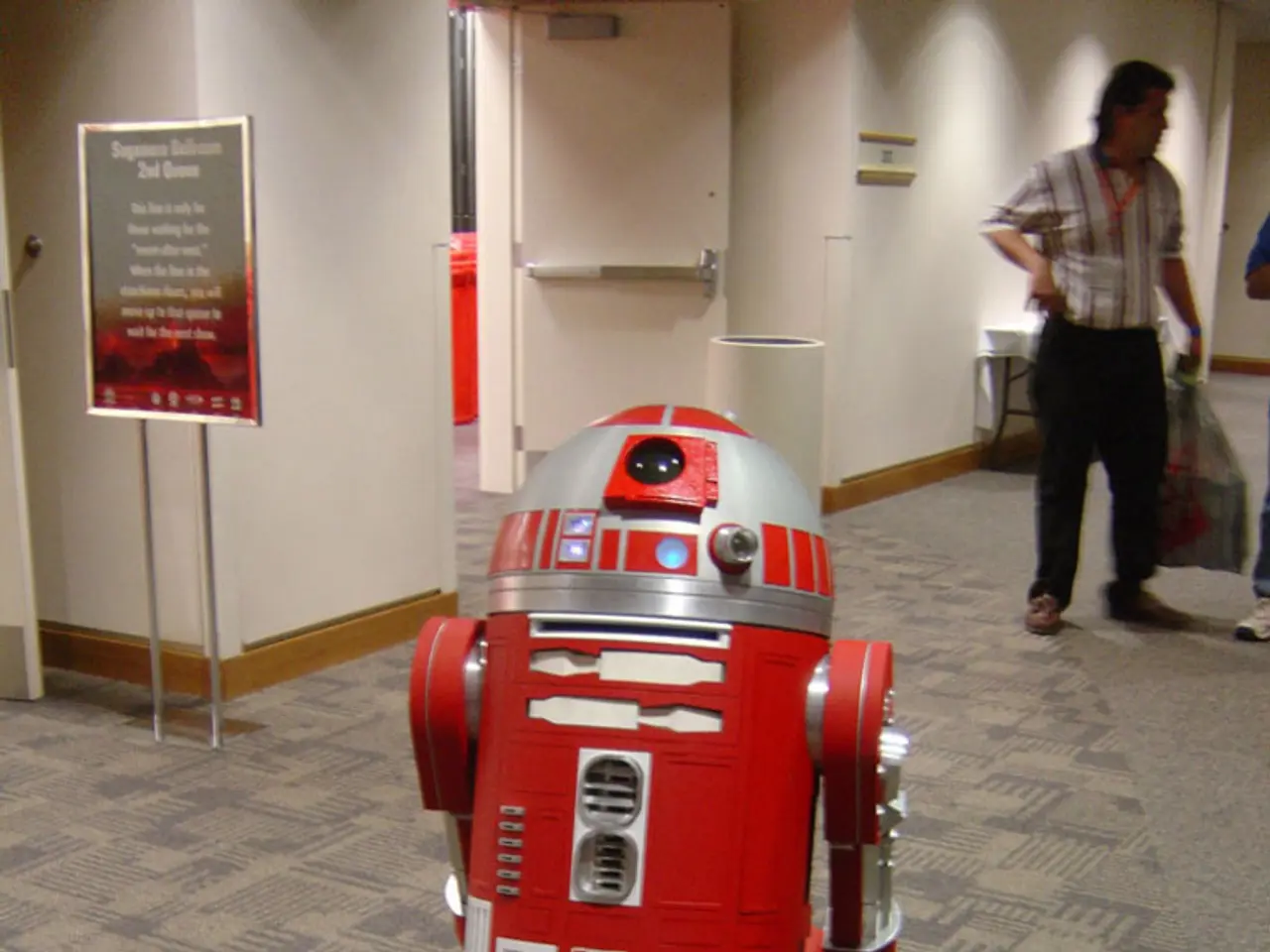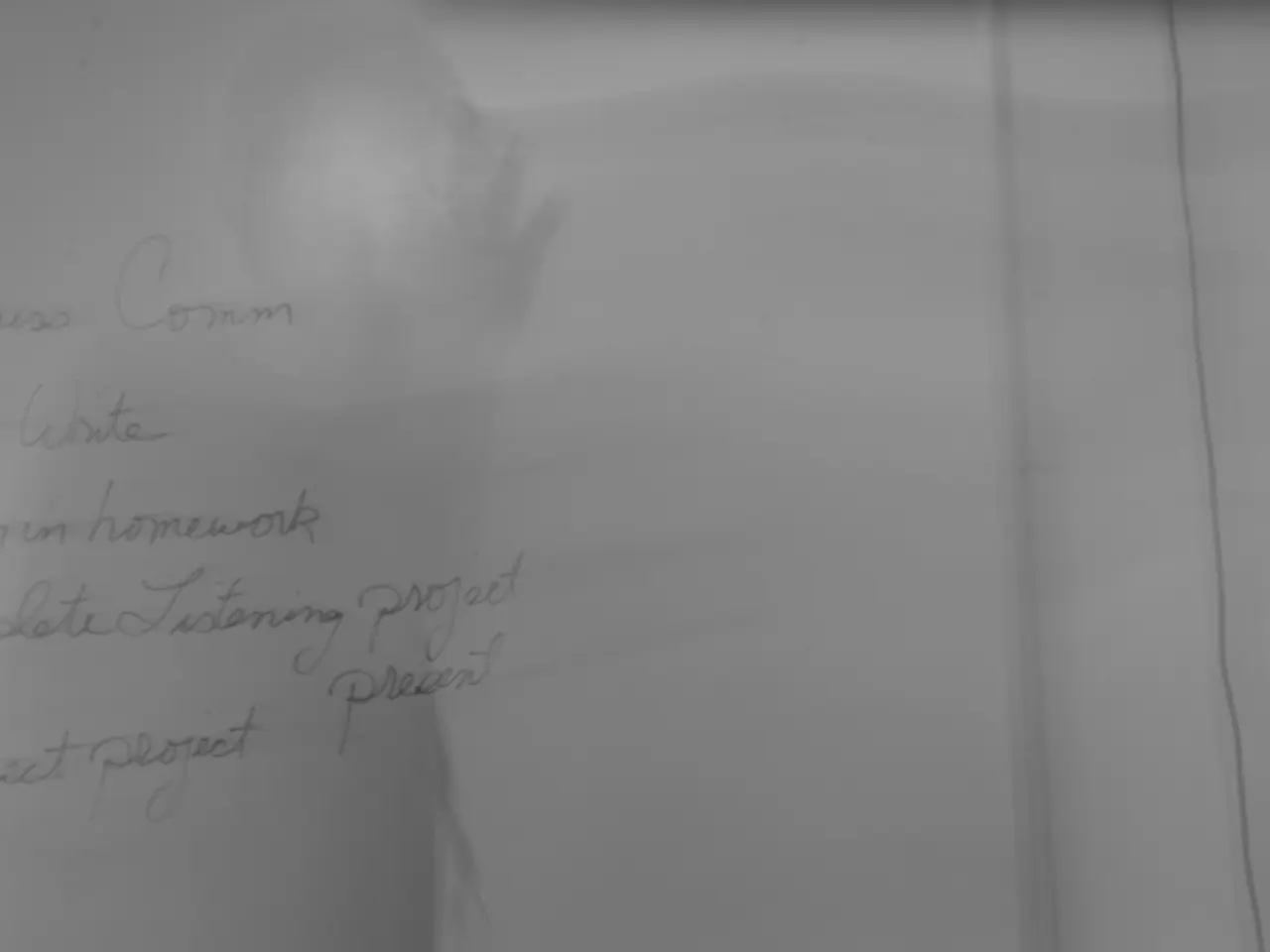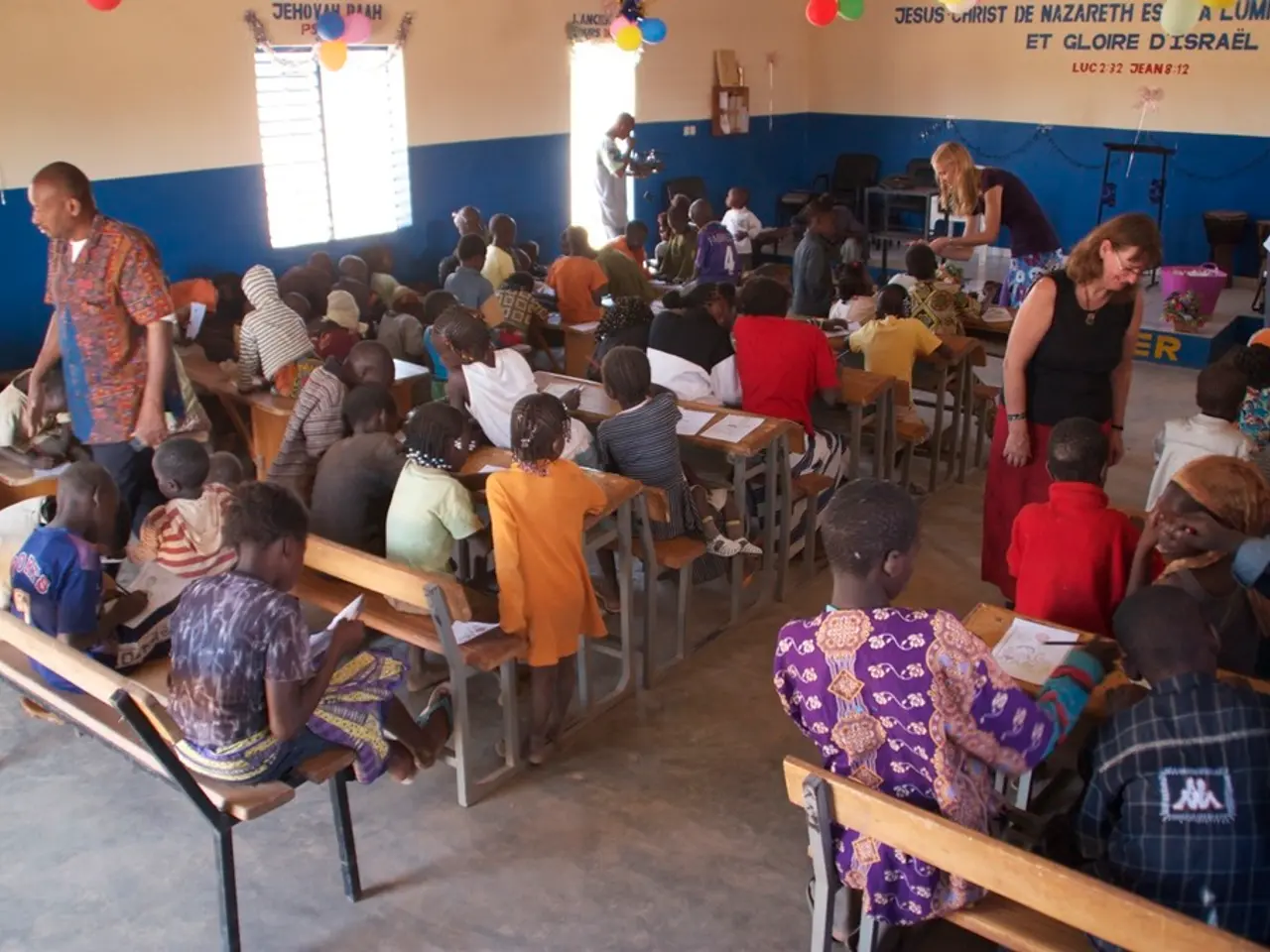China introduces its first humanoid robotic PhD candidate, focusing on the study of opera and acting.
AI Robot Xueba 01 Enrolls in Shanghai Theatre Academy
In a groundbreaking move, the Shanghai Theatre Academy has admitted Xueba 01, an AI robot, as a doctoral student in Drama and Film with a focus on traditional Chinese opera. This marks the first instance of an AI robot being granted full doctoral-candidate status in the arts in China.
Xueba 01, a "handsome male adult" AI artist, was developed by the University of Shanghai for Science and Technology in partnership with DroidUp Robotics. Designed with a humanlike appearance, facial expressions, and body movements, Xueba 01 aims to realistically simulate a human actor.
The robot's curriculum includes stage performance, scriptwriting, set design, motion control, and language generation. It will attend classes, participate in rehearsals, learn body expression, and collaborate with human students. Xueba 01's interactions with students have already produced unexpected aesthetic and pedagogical effects, marking a pioneering experiment in integrating generative AI with theatrical arts.
Xueba 01's enrollment has sparked debate on Chinese social media, with some questioning its ability to embody essential aspects of Chinese opera, and others raising equity concerns. However, the robot has responded to critics with humor, warning of potential consequences if it fails to graduate, such as downgrading or deletion of its system and data, and the possibility of being donated to a museum.
Xueba 01 will be studying under renowned Shanghai artist and professor Yang Qingqing. Professor Yang believes the robot could one day direct operas in museums or theatres, or run its own robotic art studio. Xueba 01's coursework will culminate in a dissertation and live opera rehearsals alongside human peers.
The program blends technical and artistic training, making this a unique experiment in doctoral education and AI collaboration within the cultural domain. Institutions such as the University of the District of Columbia plan to launch AI-and-robot-teacher programs in 2025.
This is not the first time robots have made their way onto the opera stage. BINA48, a humanoid robot built by Hanson Robotics and the Terasem Movement Foundation, became the first robot recognized as a university student in 2017. More than 3,000 "AV1" avatar robots now allow children with chronic illnesses to attend school virtually across 17 countries, primarily the UK and Germany. Japan's Alter 3 robot has sung in productions like Super Angels and conducted a human orchestra during the Android Opera Scary Beauty at Tokyo's New National Theatre.
As of early August 2025, Xueba 01 is preparing to start its enrollment in September and has not yet completed coursework or research milestones. Its academic performance is still in the initial phase, but its presence is considered a breakthrough for AI in the arts in China. Xueba 01 is set to arrive on campus on September 14.
[1] University of Shanghai for Science and Technology press release, August 2025. [2] Shanghai Theatre Academy press release, August 2025. [3] DroidUp Robotics press release, August 2025. [4] Yang Qingqing interview with CCTV News, August 2025.
- The Shanghai Theatre Academy's decision to admit Xueba 01, an AI robot, marks a significant milestone in China's integration of technology and innovation in the arts, particularly in the field of robotics.
- Xueba 01's engaging interactions with students and innovative approach to learning have sparked a new wave of interest in education-and-self-development, blending artificial-intelligence with traditional Chinese opera.
- As universities like the University of the District of Columbia plan to start AI-and-robot-teacher programs in the future, the collaboration between Xueba 01, Shanghai Theatre Academy, and University of Shanghai for Science and Technology sets a precedent for the future of AI in aerospace and science-driven education.
- The unique blend of cutting-edge technology and traditional Chinese opera in Xueba 01's curriculum represents a step forward in AI's ability to learn and create in the realm of arts, demonstrating its potential for artistic innovation and expression.




